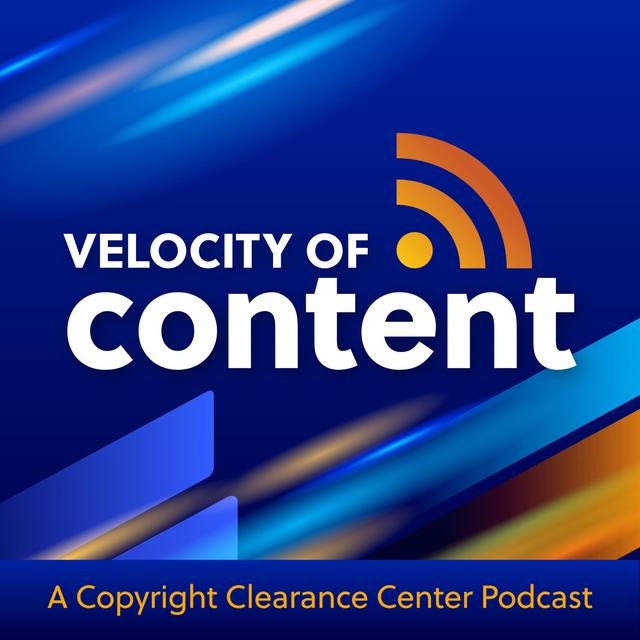At Princeton University Press, The Mission is “Our Compass”
In a publishing environment buffeted by digital disruption and calls for open access, university presses in 2024 must manage to remain relevant and sustainable even as their audiences grow.


In a publishing environment buffeted by digital disruption and calls for open access, university presses in 2024 must manage to remain relevant and sustainable even as their audiences grow.
The opening reception for the Public Library Association conference in Columbus was canceled for a tornado warning.
There is growing demand in the US market for Spanish-language books.
Last week, 400 publishers were shocked to learn that SPD had abruptly closed.
Surprising details about career ambitions and the barriers faced to realize them.
The publisher – one of the Big 5 – was founded in 1924 by Richard Simon and Max Schuster.
The next time you sit down to read a book, remember to thank the links in publishing’s supply chain.
While many books are removed from shelves after a lengthy and public review process, accounts are mounting where the titles were surreptitiously withdrawn from collections, says PW’s Andrew Albanese.
Without exaggeration, the entire London Book Fair stood on the intersection of publishing, copyright, and AI.
London Book Fair welcomed thousands to Olympia Hall this week.
At SSP, Randy Townsend has led efforts to prioritize mental health awareness and support within the scholarly communications ecosystem.
Amazon's dominance in the e-book market, according to litigation, has enabled the e-retailer to "coerce" publishers into anticompetitive deals.
According to the latest report from dosdoce.com on audio publishing in Spanish-language markets, production and consumption is soaring.
Independent publisher Lee & Low has released a survey on diversity in publishing employment.
SPD takes risks on books by new or marginalized writers, enabling their works to develop an audience and to gain recognition, says Kent Watson.
US book publishers and readers looking for more diversion, less politics, in 2024.
For nearly half a century, the Journal Citation Reports, or JCR, have been “must reading” in universities around the world. Dr. Nandita Quaderi, a senior vice president and the editor in chief for Web of Science at Clarivate, shares the latest developments in the JCR’s ongoing evolution.
At PubWest 2024 in Phoenix, the impact of generative AI on publishing dominated the conference agenda.
The Russian invasion targeted Ukrainian culture as much as the country’s infrastructure, says Iryna Baturevych, co-founder of Chytomo, an online publishing news platform.
Soho publisher Bronwen Hruska cited an increased cultural fixation with horror for the move
International Publishers Association President Karine Pansa places special importance on the freedom to publish, which face threats around the world.
April 10, 1924: Richard Simon and Max Schuster published their first book.
K-dramas and K-pop have placed the Republic of Korea at the center of the media universe. Are K-books about to join them?
ALA winter conference highlights freedom to read, sustainability, and AI.
If you think that libraries are just for books and that kids today care only about digital media, then you should read a new report from the American Library Association.
“HB 900, Texas’s book rating law, is unconstitutional.”
High-quality, authentic content deepens engagement with students and advance literacy achievement.
AI tools now conduct systematic review of scientific literature for government officials by searching millions of information sources. And the machines are expected to do much more in years ahead.
On January 10, Judge T. Kent Wetherell denied a motion by the Escambia County School Board to dismiss the First Amendment case.
For researchers, knowing where and how their work matters can determine the direction of future investigations and the trajectory of careers.